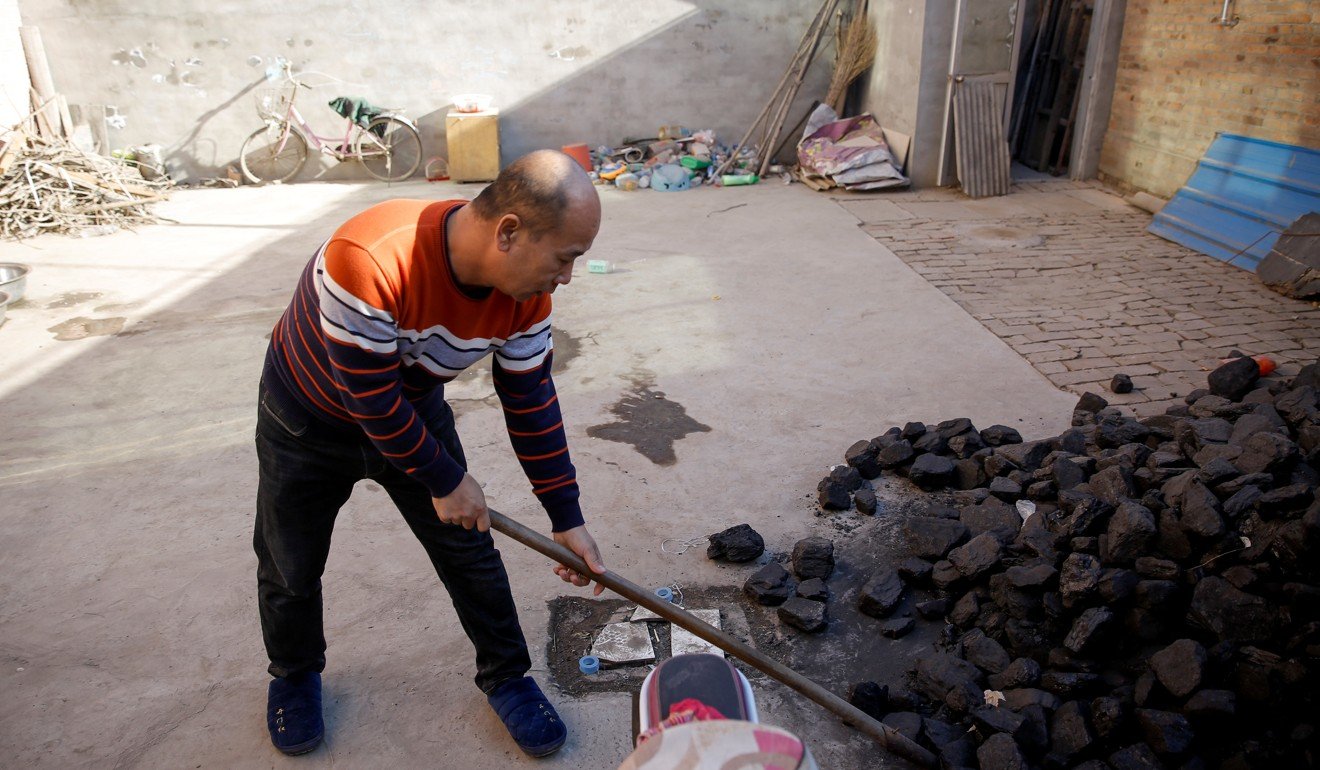
Brrr ... Xi’s heavy handed pollution policy goes up in smoke
The desire for quick fixes has left China lurching between seemingly competing goals – cleaner air and a thriving economy – and so far it has predictably failed on both counts
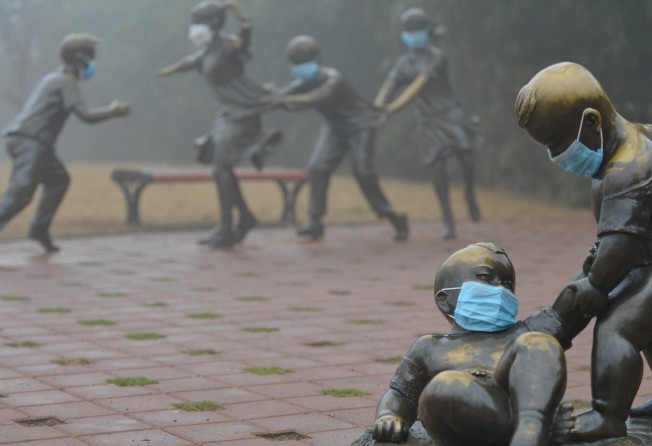
It’s not easy being an eco-warrior, even if you are the president of China. When he stood up in the Great Hall of the People in October to deliver his three-and-a-half-hour agenda-setting speech to the assembled drones of the Communist Party, Xi Jinping mentioned the environment no less than 89 times. In contrast he referred to China’s economy just 70 times.
Clearly Xi is highly sensitive to the anger of ordinary people at China’s sky-high levels of pollution. And clearly his message struck home with party officials. After local government officials either restricted or simply banned coal use across much of Northern China, the residents of Beijing enjoyed unseasonably blue skies and fresh air through November.

But the centrally dictated clean-up came at a heavy price. Coal is not only the main source of fuel for power stations and industry, accounting for about two-thirds of China’s electricity generation, it is also burnt to heat millions of households through Northern China.
So when officials imposed their ban on coal use in line with Xi’s concern for the environment, they triggered a price surge and supply squeeze in substitute clean energy, notably natural gas. And millions of poorer households and many towns and villages unconnected to the gas supply grid were left out in the cold.
Over the past couple of months, natural gas prices have jumped by 70 per cent, hurting energy-intensive businesses, many of which were already operating on razor thin margins. Some have been forced to shut down. That’s bad enough, but even more embarrassing as far as government officials are concerned, are the tales of personal hardship that have spread across the internet and through the media, complete with stories about schoolchildren suffering frostbite because of the lack of heating in their classrooms.
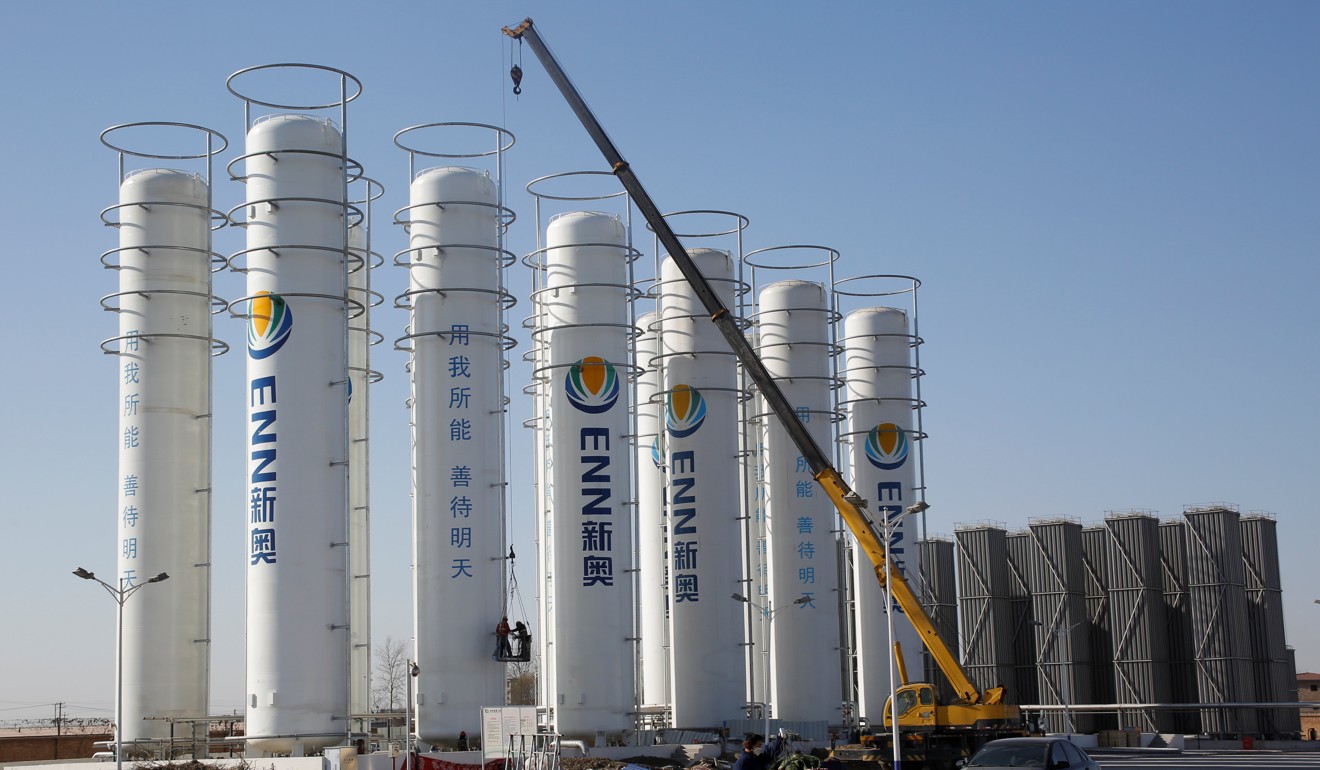
In response, the government has been back-pedalling frantically. On Wednesday, Mohurd, China’s Ministry of Housing and Urban-Rural Development, ordered local governments to revert to coal-burning where supplies of natural gas are short or unavailable and to make sure that households have sufficient fuel supplies for heating.
So in the coming weeks, North China’s homes and schools should feel toasty warm once again. And once again the atmosphere of Beijing is likely to revert to its familiar grey-brown winter opacity, complete with its characteristic tang of coal dust.
None of this should be too surprising. The original pollution problem, the heavy-handed attempt to solve it, and the subsequent U-turn when the flaws of the clean-up policy hit home all stem from the same root: China’s governance system, the distorted incentives it creates, and the warped outcomes they lead to.
For years the performance of party officials in local government was assessed by the economic growth rate of the areas under their supervision, to the exclusion of almost all other criteria. So officials had every incentive to fast-track the development of new industrial projects, and to maximise their output, regardless of any environmental damage they might inflict.
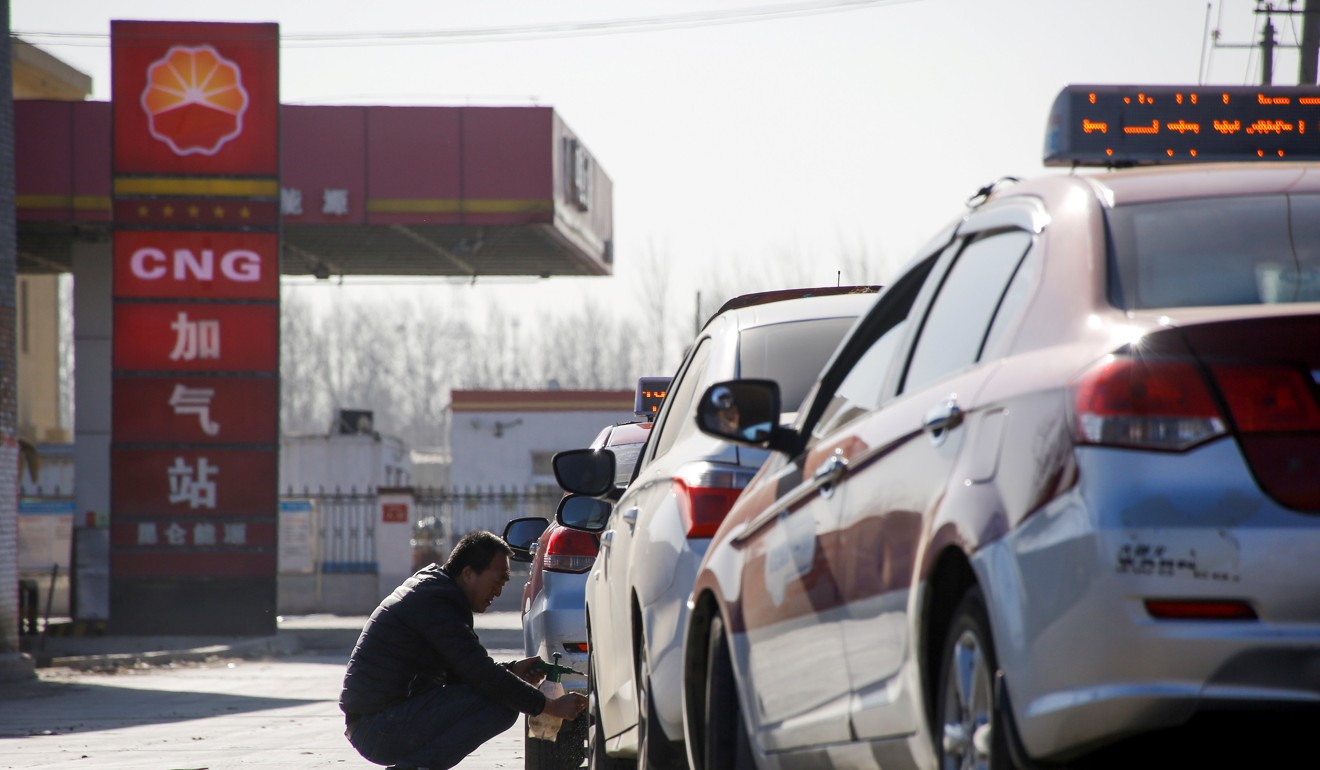
And if local environmental protection agents attempted to take a polluting company to task, they would invariably get a call from someone higher up the party food chain instructing them to drop the matter. The result was the toxic fug that enveloped Northern China each winter for years, culminating in the “airpocalypse” of January 2013.
When the severity of that pollution began to inflict political damage, it responded using the same mechanisms that had created the problem in the first place. Local officials were told their performance would be appraised by their levels of pollution. Governments in the Beijing-Tianjin-Hebei region were instructed four years ago to slash “fine particulate” readings by between 25 per cent and 40 per cent by the end of 2017.
Meeting those objectives proved difficult, especially given government attempts last year to stimulate the heavy industries that supply the construction sector in order to support economic growth. So in a last-ditch attempt to hit their end-2017 targets as winter set in, provincial governments in Northern China imposed a ban on coal, ordered a 30 per cent reduction in aluminium production and a 50 per cent cut in steel, and halted construction.
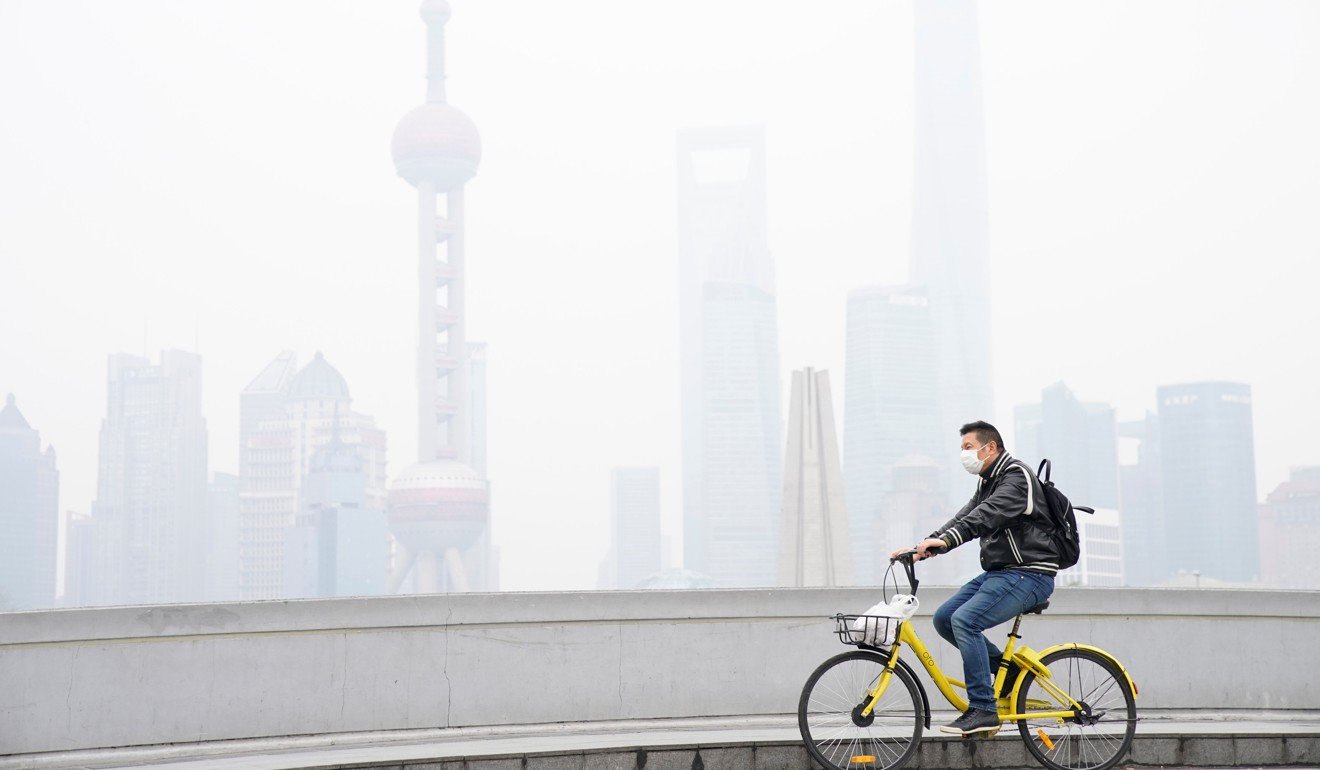
In narrow terms, the drive succeeded. The skies cleared, and particulate concentrations in Beijing fell to around two-thirds of their 2013 average. But the objectives were only met at the cost of soaring gas prices, an energy shortage, a slump in economic activity and schoolchildren with frozen extremities. In short, it was a political, economic and public relations car crash.
Now the government is using the same mechanisms of central control to reverse its policy. That should help to solve its immediate troubles. But in the longer run the underlying problem will remain in place. As long as Beijing continues to govern by diktat, attempting to manage the supply side of the economy in order to hit arbitrary and often impractical targets, it will continue to encounter similar difficulties.
A more sensible solution would be to forswear direct intervention and instead allow natural demand to do its work within the framework of a predictably regulated market. China has made admirable progress along these lines in other areas. But when it came to tackling pollution, eco-warrior Xi and his party drones were in too much of a hurry, reverted to central planning type, and duly messed things up. Hopefully they will see things more clearly in the future. ■
Tom Holland is a former SCMP staffer, who has been writing about Asian affairs for more than 20 years